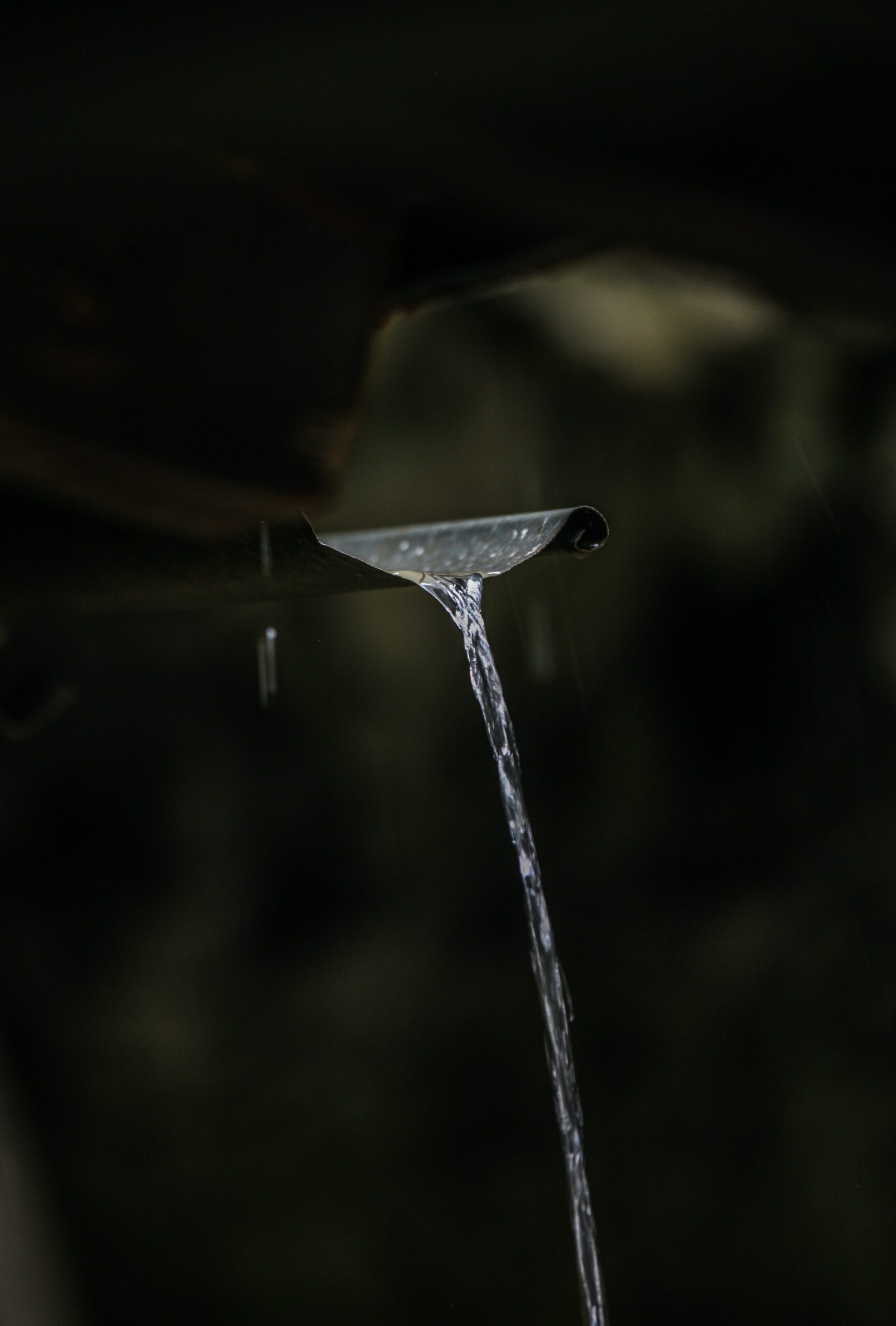Rainwater harvesting has several advantages, which contribute to its increasing popularity as a sustainable water management practice, including the following:
- Water conservation: Rainwater harvesting helps in conserving water by capturing and storing rainwater. It provides an additional source of water that can be used for various non-potable purposes, reducing the demand for freshwater from conventional sources, e.g., municipal supply.
- Reduced water bills: By using harvested rainwater for activities like watering plants, washing vehicles, or flushing toilets, you can significantly reduce your reliance on treated water from the municipal supply. This leads to lower water bills and potential cost savings in the long run.
- Self-sufficiency: Rainwater harvesting promotes self-sufficiency in water supply, particularly in areas where water scarcity or unreliable water sources are prevalent. Harvested rainwater can be used for various purposes, such as landscape irrigation, and even household use with appropriate treatment.
- Flood control: By capturing rainwater from rooftops, roads, and other surfaces, rainwater harvesting helps reduce stormwater runoff. This can alleviate the burden on drainage systems and mitigate the risk of flooding in urban areas, especially during heavy rainfall events.
- Environmental benefits: Rainwater harvesting reduces the strain on natural water resources, such as rivers and lakes, which may be ecologically sensitive or already under stress. By utilizing rainwater, you contribute to the conservation of these resources and help preserve the natural balance of ecosystems.
- Reduces strain on infrastructure: The demand for water supply infrastructure can be reduced by incorporating rainwater harvesting. As more individuals and communities adopt rainwater harvesting systems, the strain on centralized water supply systems and treatment plants can be lessened, resulting in lower maintenance costs and optimized resource allocation.
- Quality of water: Rainwater is generally considered soft and free from many contaminants found in groundwater or surface water. When appropriately harvested and stored, rainwater can serve as a clean and accessible water source for non-potable uses such as gardening, laundry, and toilet flushing.
MSR Solutions has extensive experience designing and installing rainwater harvesting systems for a variety of applications.
Embrace the benefits of rainwater harvesting today! Contact us to delve deeper into this sustainable practice and receive expert guidance for your project.
